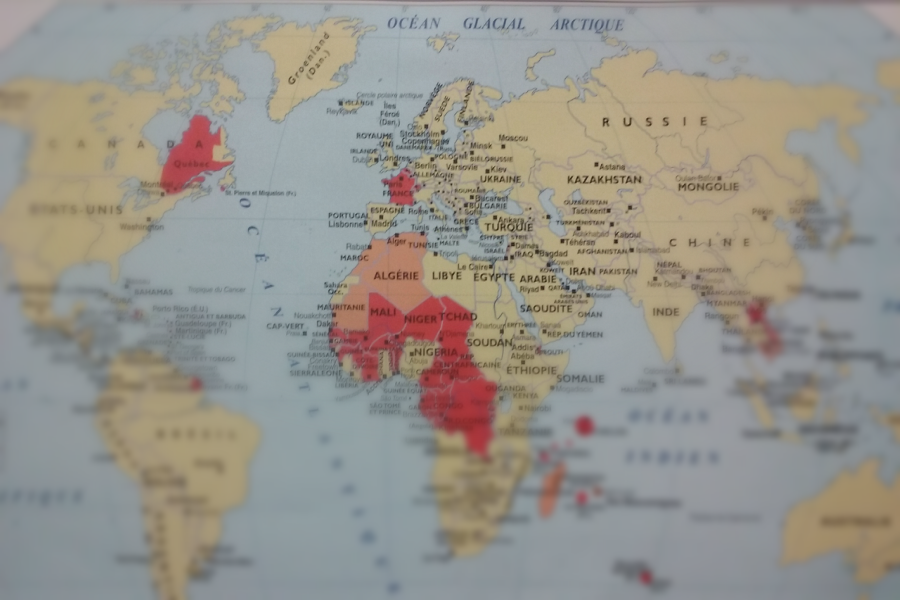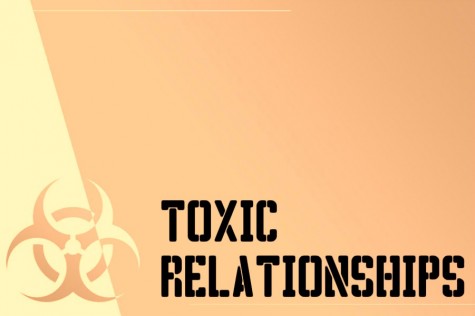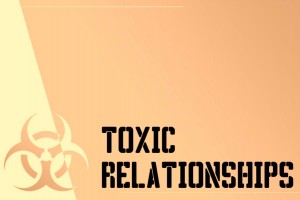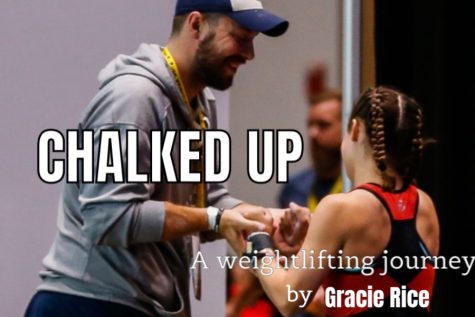Language Barrier
I bumped into a wall last night and immediately apologized. To a wall.
I apologize to fix things quickly. The words “I’m sorry” pour out of my mouth so often that I lose count.
— Tabi Melhorn
I said “I’m Sorry” after someone disapproved of what I did at work, even though it was exactly what my boss wanted, simply to avoid further confrontation. And a little out of guilt.
I apologize for things that aren’t my fault. I apologize whenever I get nervous. I apologize to fix things quickly. The words “I’m sorry” pour out of my mouth so often that I lose count.
But it is not only in myself where I have seen this pattern erupt from. In fact, most women I know have a habit of apologizing to place a band aid over any situation to solve it. Tell me you’ve never done this?
But what has become my band aid has also become meaningless to me when I hear the words “I’m sorry”, standing alone. Phrased by themselves, without any change from the party posing the phrase or any action to show remorse, has made them hollow words that do not heal. Overused and dried out words that do nothing for my bleeding soul. Isn’t there another answer?
As a mother of a two year old, there seems to be plenty to teach her to apologize for. Like having a melt down or a sour attitude, breaking things, hitting her sister, taking toys from other children, and on and on… But I have yet to say “Isla, you need to say ‘You’re sorry’”. Why is that?
Is it because I think my child is too good to plead for forgiveness? Or because I think she does nothing wrong? No. It’s neither. And it’s probably not for any other reason you may think.
My husband taught a lesson to a group of teenagers the other night about forgiveness and apologizing. And at the end he handed out letters with fill-in-the-blank spaces. It seemed like such a simple activity. He wanted us to think of someone in our lives that we have done wrong to and give it to them.
The letter had spaces that said things like, “I’m sorry that I hurt you by:____________________” and “I know that it was hurtful when I: _____________”. It went on to say, “In the future I will:_______________” and “I want to ask for your forgiveness:__________________,” and so forth. It did not have any spaces where we explained why we did what we did. It had no lines that allowed for an excuse over the offense we had done. It acknowledged what we had done, how it made the other person feel, what we would try to do in the future in place of this, and reminded them that they were valued, despite what we’d done.
As simple as it seems, when you don’t get to defend yourself in any way during an apology, it leaves you a wide open target. What if they reject you? What if they don’t accept it? What if they are still angry or hurt? What if they try to challenge you? But that is how a real apology is SUPPOSED to work.
A true apology excludes what and why we did what we did. Leaving out our excuses, and announcing a change to come.
— Tabi Melhorn
My college professor said it best when he told me, “A proper apology goes like this: I’m sorry. I was wrong. You were right. I hope you can forgive me.” And in my experience, when I have said those exact words it has been difficult to swallow. Saying sorry on it’s own ISN’T enough. And a true apology excludes what and why we did what we did. Leaving out our excuses, and announcing a change to come.
And let me tell you, after I wrote the letter I had a hard time swallowing my pride and handing it over to someone who deserved my confession wrung out of all its pride. But I did it. And there was healing.
Driving home after that lesson, I thought to myself that this was something I wish I’d been taught as a child. What if I stopped saying “I’m sorry” all of the time, and the things that really hurt someone I spent time recognizing and handling properly. People don’t like to admit that they are delicate, but they are. And paper hearts are easy to tear in half, and even harder to tape back together… especially when served with a nod and a half-hearted “I’m sorry” only. It’s not enough.
So what can be done instead? My toddler surely can’t understand this yet. But demanding she say the words “I’m Sorry”, when she accidentally knocks her sister over or steals her toy, is also something she can’t understand. I’m asking her to quote a phrase she doesn’t value or even comprehend to cover up what she has done. It’s not healthy. It teaches her nothing except for what to say to excuse herself. And that just didn’t sit right with me.
Instead, I have a new thought process. And depending on my child’s age, I can adjust this. Even without using the phrase “I’m Sorry”, we can effectively apologize. For instance, when Isla ripped her sister’s toy away and walked off with it, leaving Adi crying, I never asked Isla to repeat a taught apologetic phrase. I brought her back to where she took the toy away from Adi and had her sit down with me in front of her sister. I asked her how she thought Adi felt when her toy was taken. I asked her to give it back. Isla had tears in her eyes when she realized how sad her sister was. She told me “she’s crying” and choked back her own tears. She gave her sister back the toy and gave her a hug (that was her idea). She understood what she had done, how it made the other person feel, AND she fixed it. She made no excuses. No one said “I’m Sorry”, because this was even better.
Isla is learning empathy. And before anyone says “I’m Sorry”, it is key that they have mastered empathy. Without it, apologies are empty.
As Isla grows, she will surely learn the phrase “I’m Sorry”, and she may even use it. I hope she’s never afraid to say it. But knowing that apologizing isn’t just about saying the words will make her a better friend, and person in general. Having compassion is far better than having a perfectly written speech. Isla will fail in life, hurt people, make mistakes, and do things she’ll wish she could undo. It’s important that she learns what will really allow her to be heard afterwards, and what will make the other person feel important and valued in those moments.
We don’t have it perfect, but I wish many times when I’ve been hurt someone would have just apologized properly. For my heart, and theirs, it would’ve made all the difference.
Don’t be afraid to change your language.












